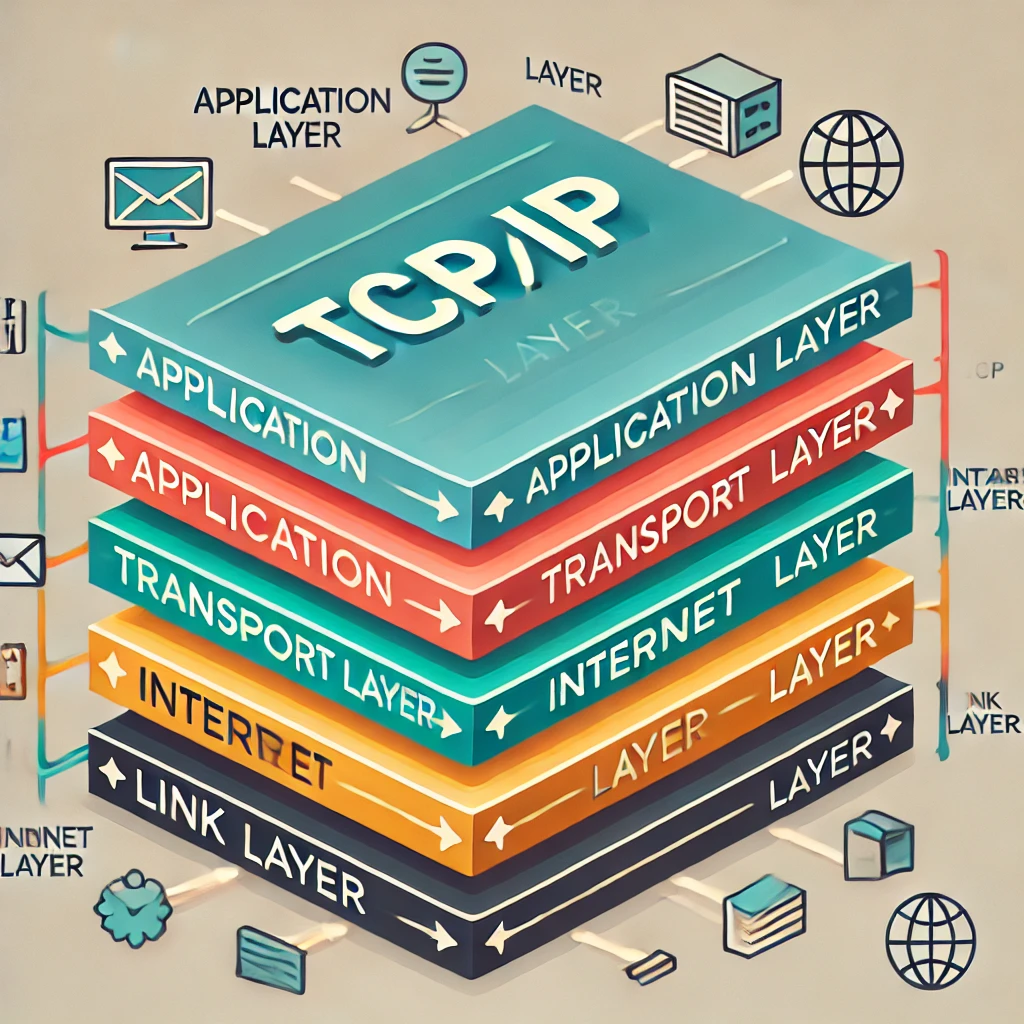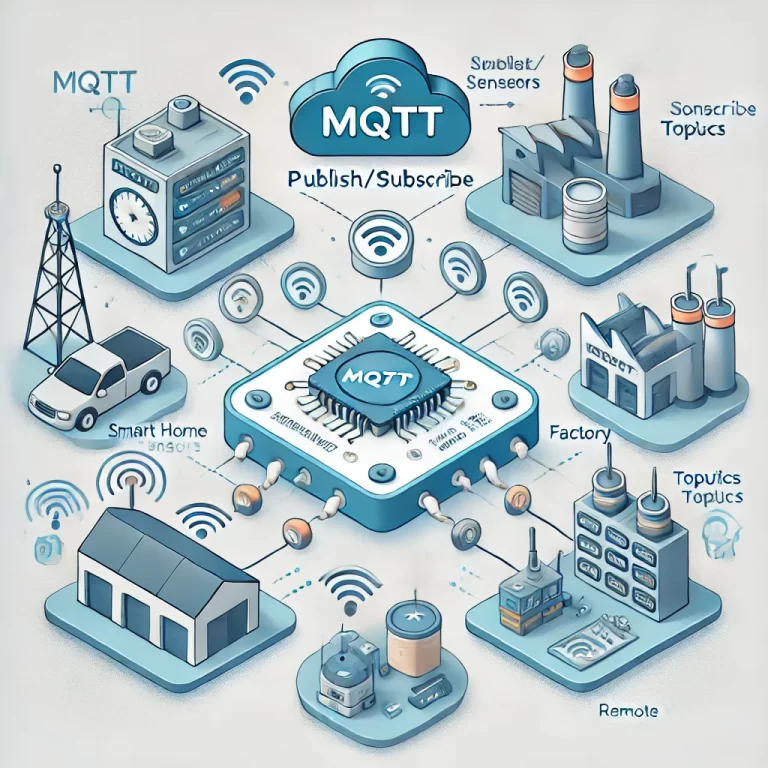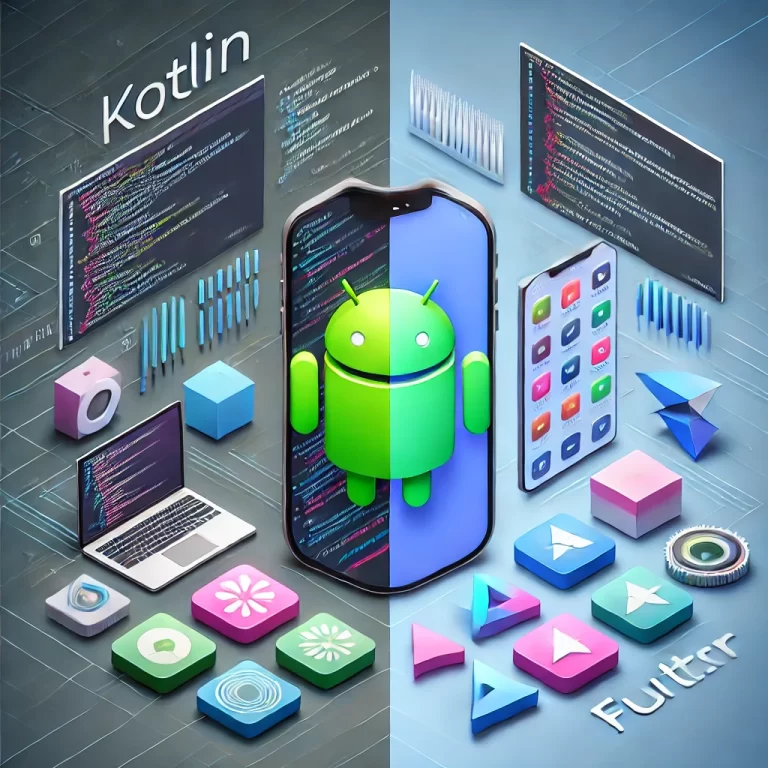TCP/IP, also known as the Internet Protocol Suite, is the key technology that powers the internet. This set of communication protocols is essential for the reliable exchange of data across different types of networks, such as local area networks (LANs) and wide area networks (WANs). In this blog post, we will explore what TCP/IP is, how it works, and why it is crucial in today’s digital world.
What is TCP/IP?
TCP/IP stands for Transmission Control Protocol/Internet Protocol. It is a set of rules that governs how computers communicate over a network. TCP/IP makes sure that data is sent and received properly, defining how data should be broken down into packets, addressed, transmitted, routed, and received. The suite has four layers, each with a specific role in network communication:
- Application Layer: This layer is where communication starts. Protocols like HTTP, FTP, and SMTP define how different types of applications communicate.
- Transport Layer: This layer ensures reliable data transfer. TCP manages connections and guarantees that data is sent in the correct order. On the other hand, UDP is used for faster, less reliable communication.
- Internet Layer: Also known as the Network Layer, it handles the transmission of data packets using IP addresses.
- Link Layer: This layer defines the networking protocols that operate within the physical network, such as Ethernet for wired connections and Wi-Fi for wireless connections.
How Does TCP/IP Work?
TCP/IP operates using a client-server model. When a user requests a webpage, their computer acts as the client, while the server hosts the webpage. Here’s a simple breakdown of the process:
- Request Initiation: A user types a URL into their browser. The browser sends a request to a DNS server to find the IP address of the website.
- Data Packetization: Once the IP address is found, the browser sends an HTTP request to the web server. TCP breaks this request into smaller packets, labeling each one with a sequence number.
- Transmission and Routing: The packets travel across various networks to reach the server. Routers forward the packets based on IP addresses, ensuring they follow the best path.
- Reception and Reassembly: When the packets reach the server, TCP reassembles them in the correct order. The server processes the request and sends the webpage back to the client using the same method.
- Display: The client browser receives the packets, reassembles them, and displays the webpage.
Why is TCP/IP Important?
TCP/IP is important for several reasons:
- Interoperability: It allows different types of computers and networks to communicate easily, making the internet accessible to everyone.
- Scalability: TCP/IP can handle a large amount of data and support many devices, which is ideal for global communication.
- Reliability: It has error-checking features that ensure data is sent correctly and in the right order, providing a stable user experience.
- Flexibility: The protocol suite supports various data types and communication methods, which makes it suitable for different applications like web browsing, email, and file transfer.
The Evolution of TCP/IP
TCP/IP has been improved many times since it was created in the 1970s to keep up with the growing internet. The introduction of IPv6 addresses the limitations of the older IPv4 by providing more IP addresses and better routing capabilities. Security protocols, such as TLS (Transport Layer Security), have been added to protect data during transmission.
Conclusion
To sum up, TCP/IP is the foundation of internet communication. It allows efficient, reliable, and secure data exchange worldwide. As technology evolves, TCP/IP continues to adapt to the changing needs of users and the growing complexity of networks. Understanding TCP/IP and its importance helps users appreciate the sophisticated architecture that makes seamless internet communication possible.
By understanding TCP/IP, both businesses and individuals can better appreciate its role in everyday internet use and the importance of maintaining secure and reliable network connections. Whether you’re a tech enthusiast or just a casual internet user, knowing the basics of TCP/IP will give you insight into how our digital world operates.t user, knowing the basics of TCP/IP will give you insight into how our digital world operates.





